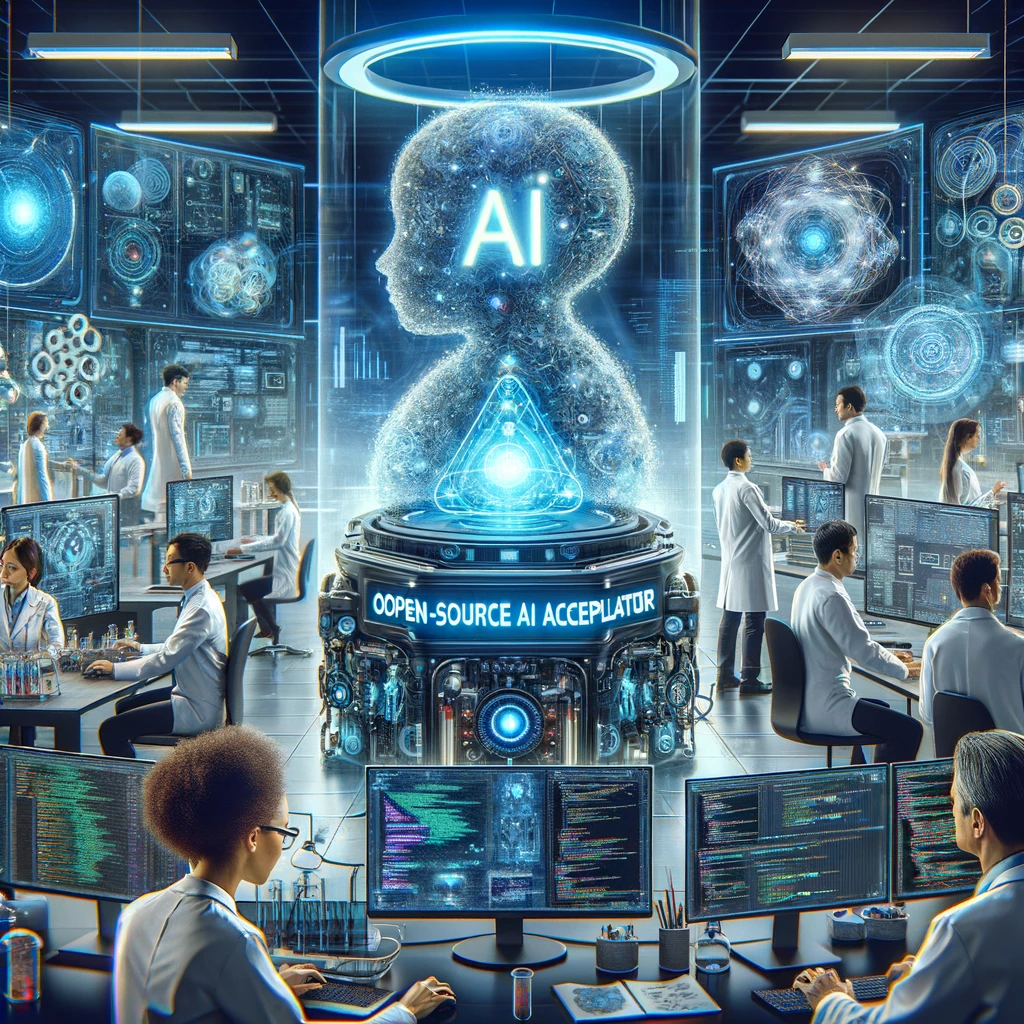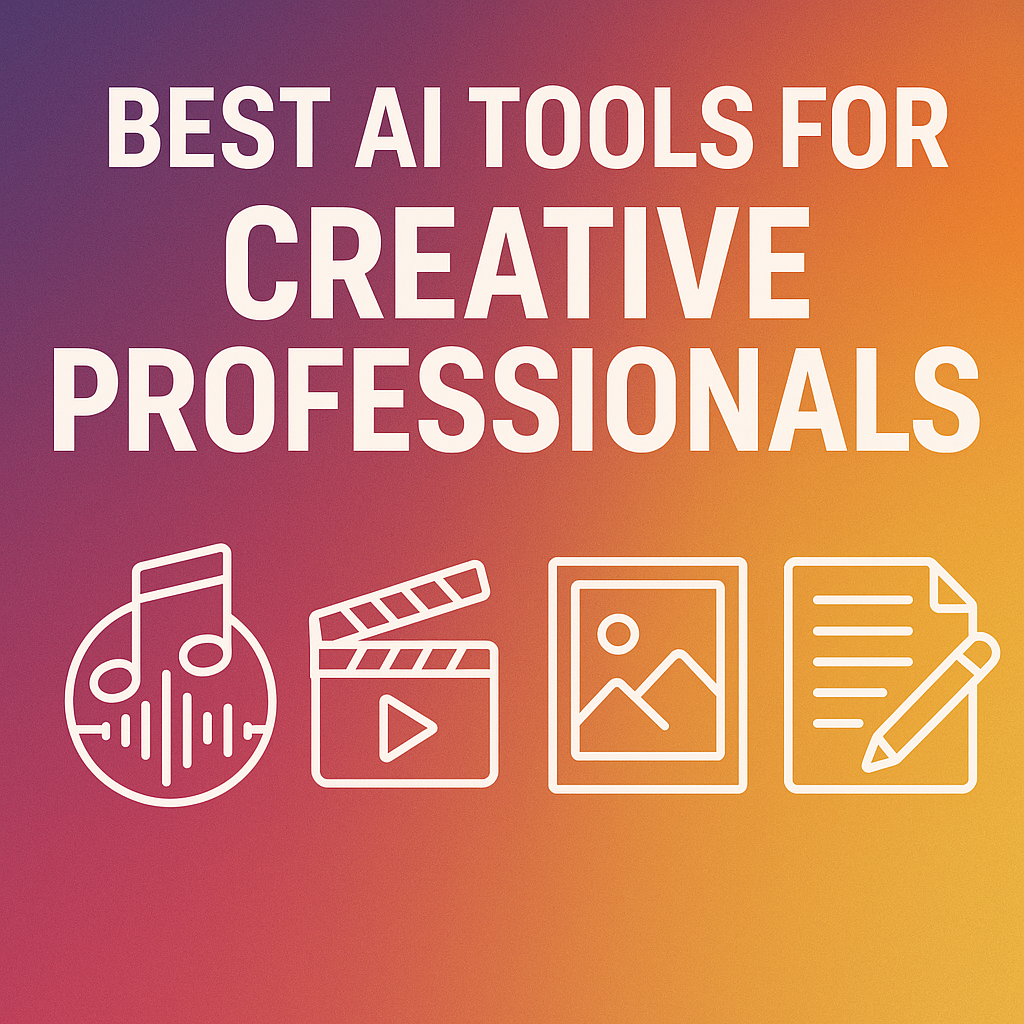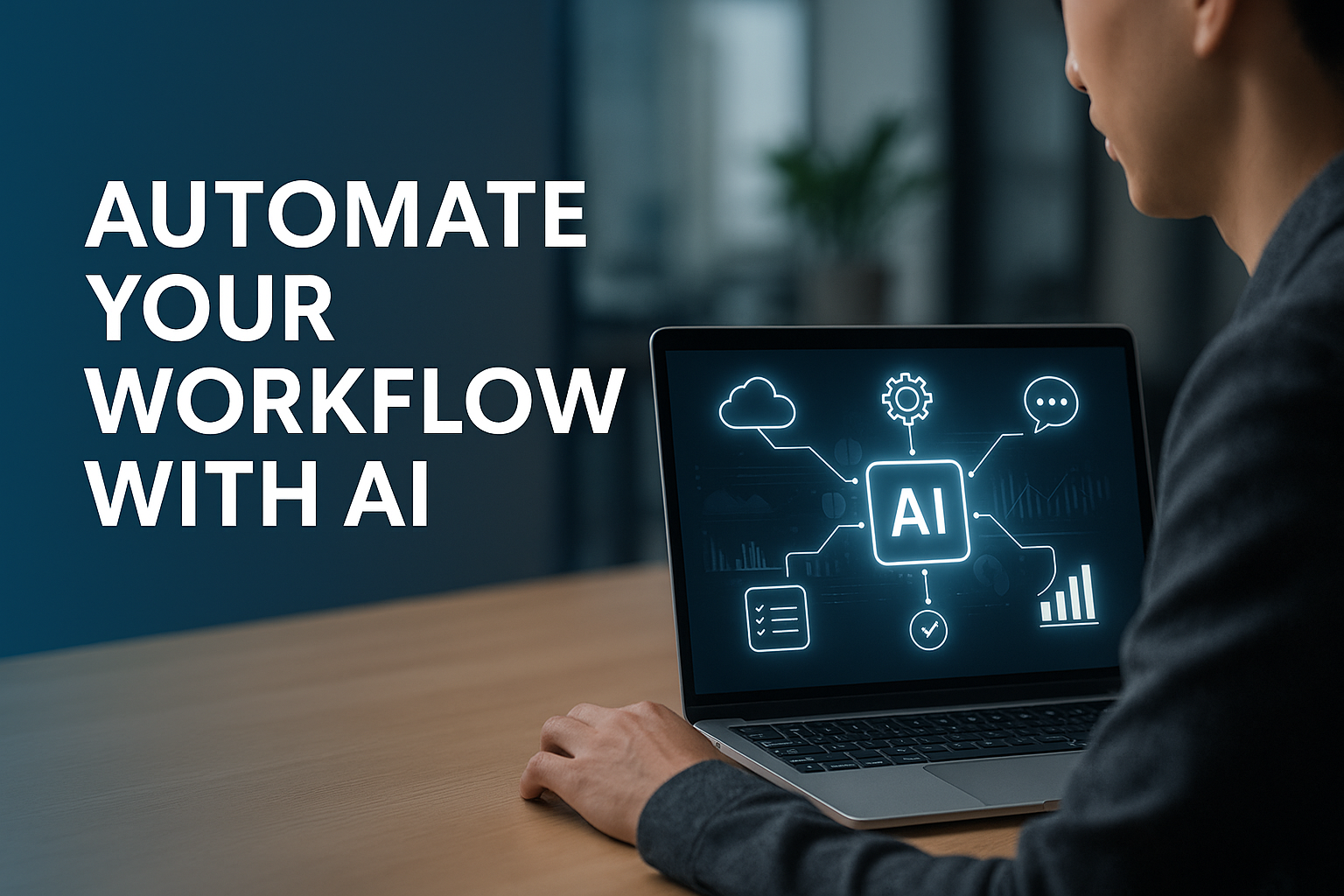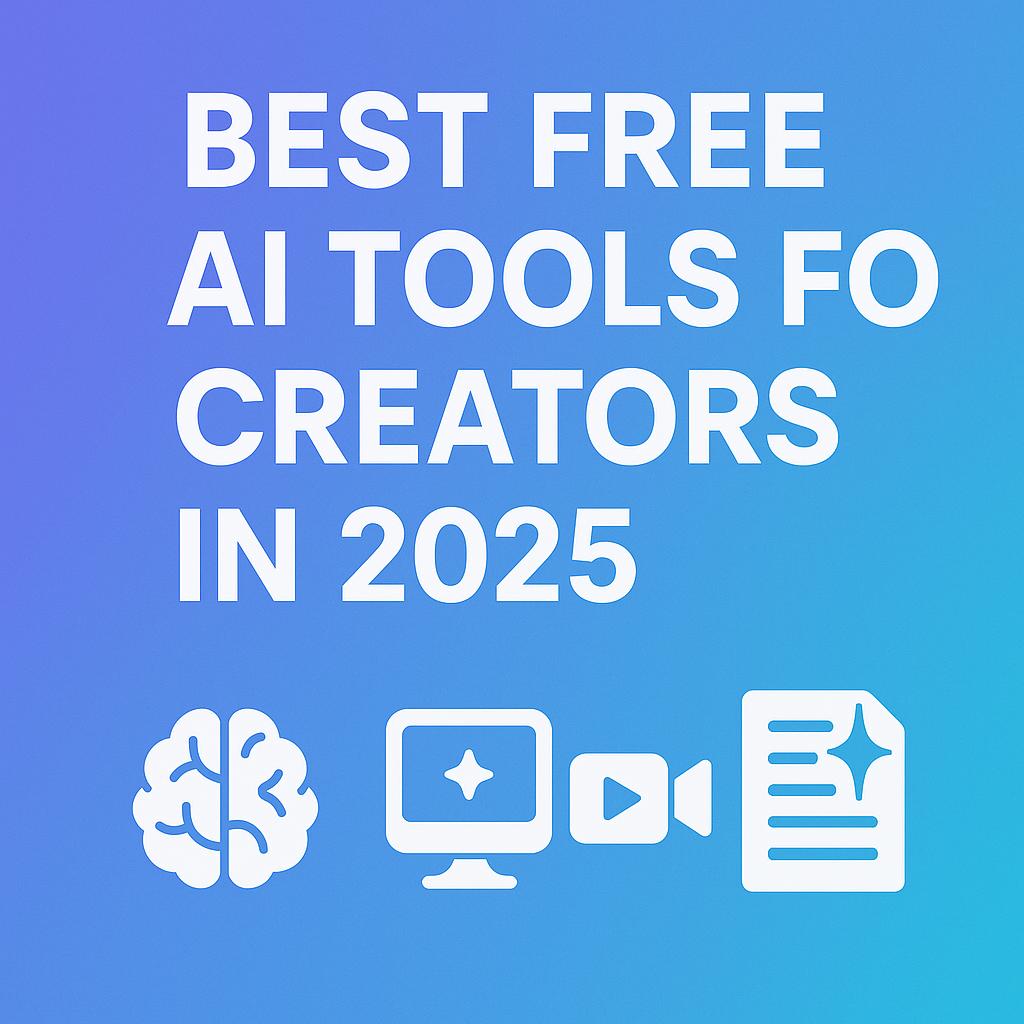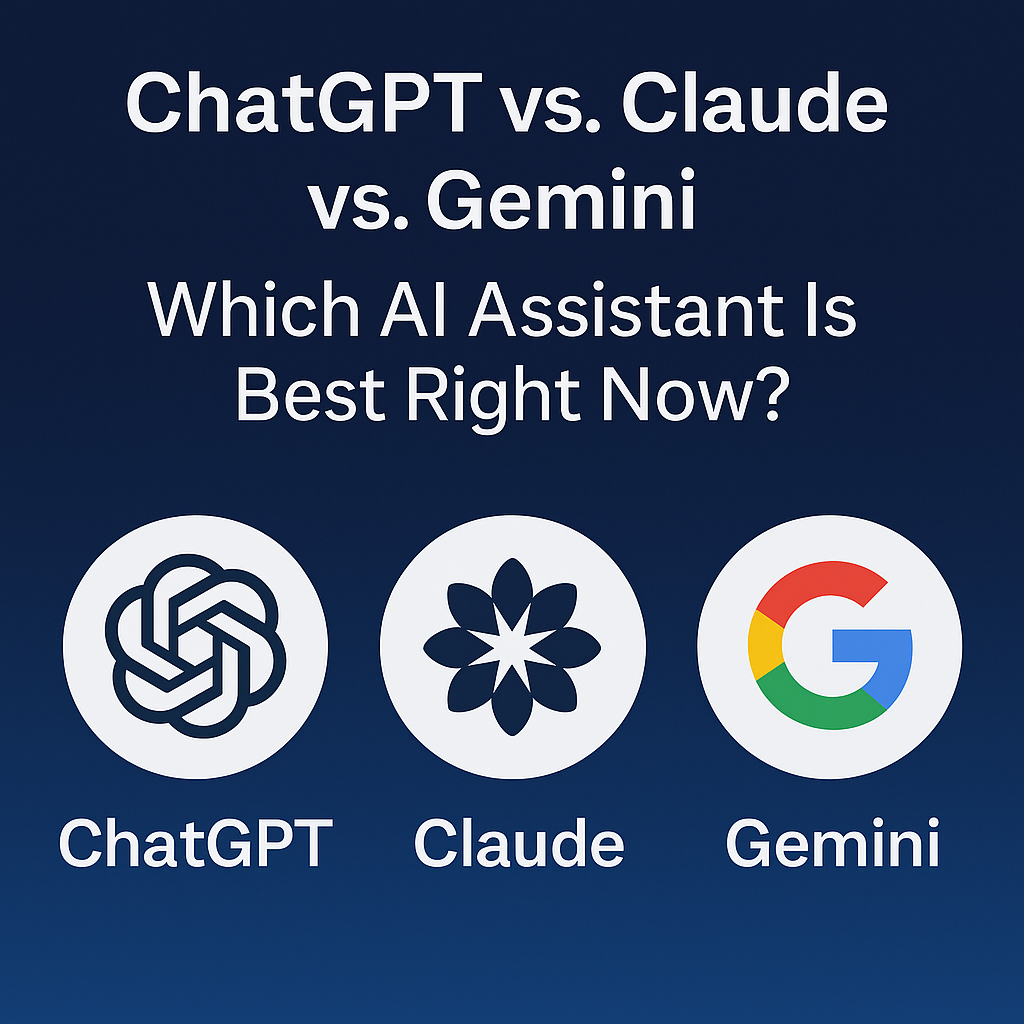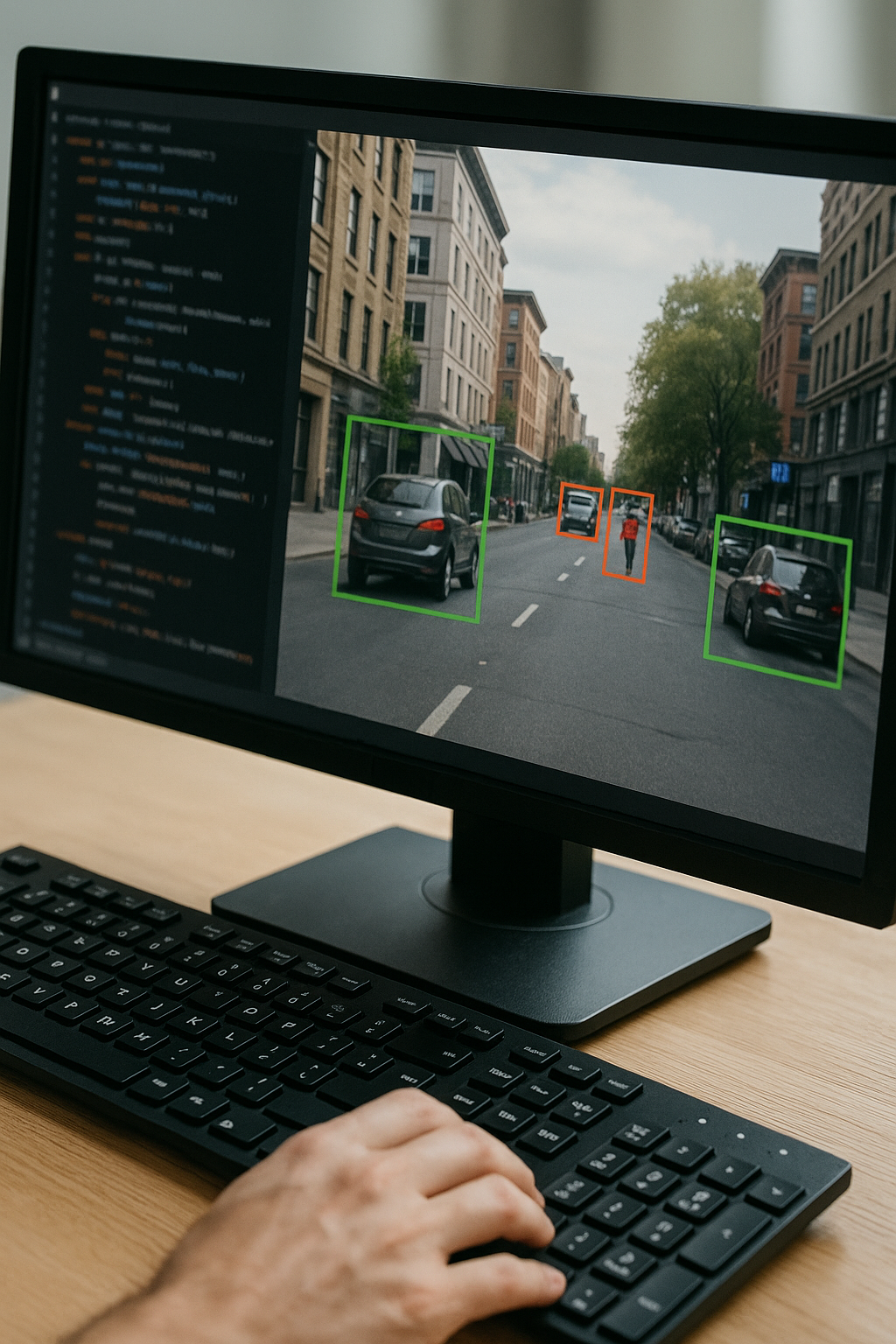Revolutionizing AI Development and Deployment with an Open-Source AI Accelerator
Meta AI Unveils Noether: Revolutionizing AI Development and Deployment with an Open-Source AI Accelerator
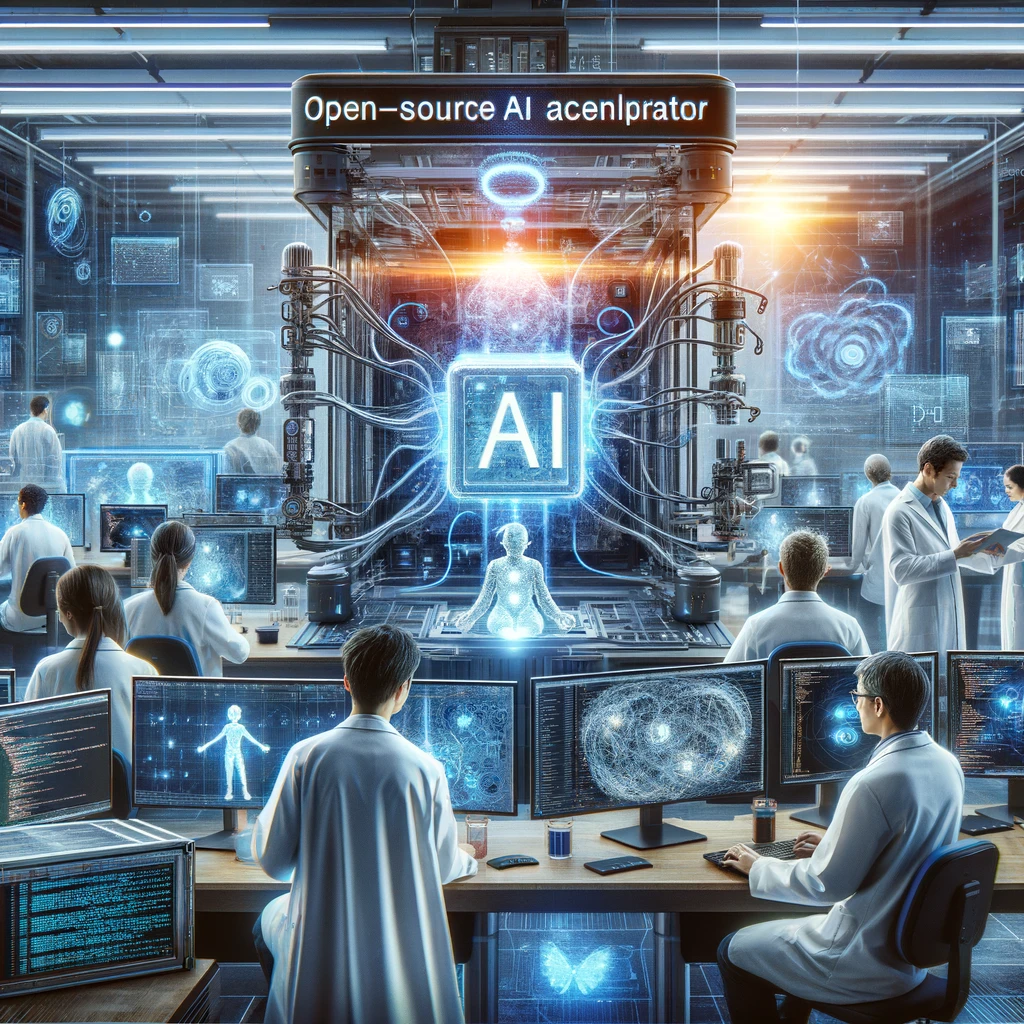
Seamless Integration: Seamlessly Integrating with PyTorch
Noether's seamless integration with the PyTorch machine learning framework makes it easy for developers to incorporate it into their existing AI projects. This compatibility allows developers to seamlessly transition their PyTorch models to Noether, without the need for significant code modifications.
Flexible Optimization: Fine-tuning Performance for Specific Applications
Noether provides granular control over optimization parameters, enabling developers to fine-tune performance for their specific AI applications. This flexibility empowers developers to tailor Noether's capabilities to the unique requirements of their projects, ensuring optimal performance and resource utilization.
Open-Source Accessibility: Fostering Collaboration and Innovation
Noether's open-source nature extends beyond mere accessibility. It fosters collaboration and knowledge sharing within the AI community, encouraging developers to share their insights and optimize Noether's performance for various applications. This collaborative approach accelerates AI advancement and drives innovation.
Noether: A Catalyst for AI Transformation
Meta AI's introduction of Noether represents a significant step forward in democratizing AI acceleration and enabling developers to create more sophisticated and impactful AI applications. As Noether gains wider adoption, we can expect to witness a surge in AI innovations that address complex challenges across various sectors, from healthcare and finance to education and manufacturing.
Conclusion:
A Future of Inclusive AINoether marks a turning point in the democratization of AI acceleration, paving the way for a future where AI is accessible to everyone, regardless of experience or expertise. By making AI acceleration more accessible and user-friendly, Noether empowers a broader range of individuals and organizations to leverage the power of AI to address global challenges and shape a brighter future. As AI continues to evolve, its impact on our lives will become increasingly profound. Noether, with its open-source approach and remarkable performance gains, is poised to play a pivotal role in shaping the future of AI, making it a more powerful, accessible, and transformative force for good.
Don't forget to sign up for our newsletter to always stay updated on the latest AI trends and tools.
